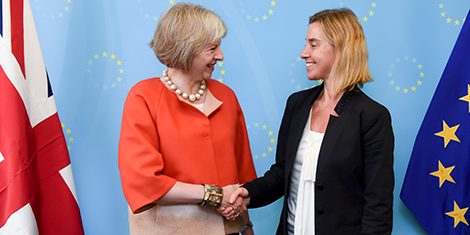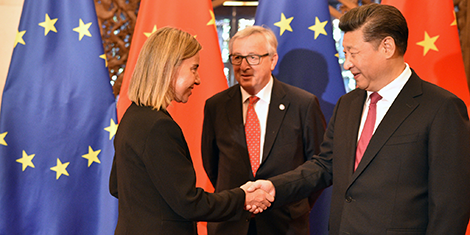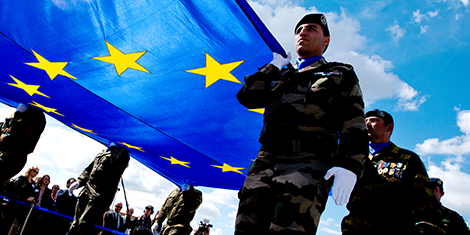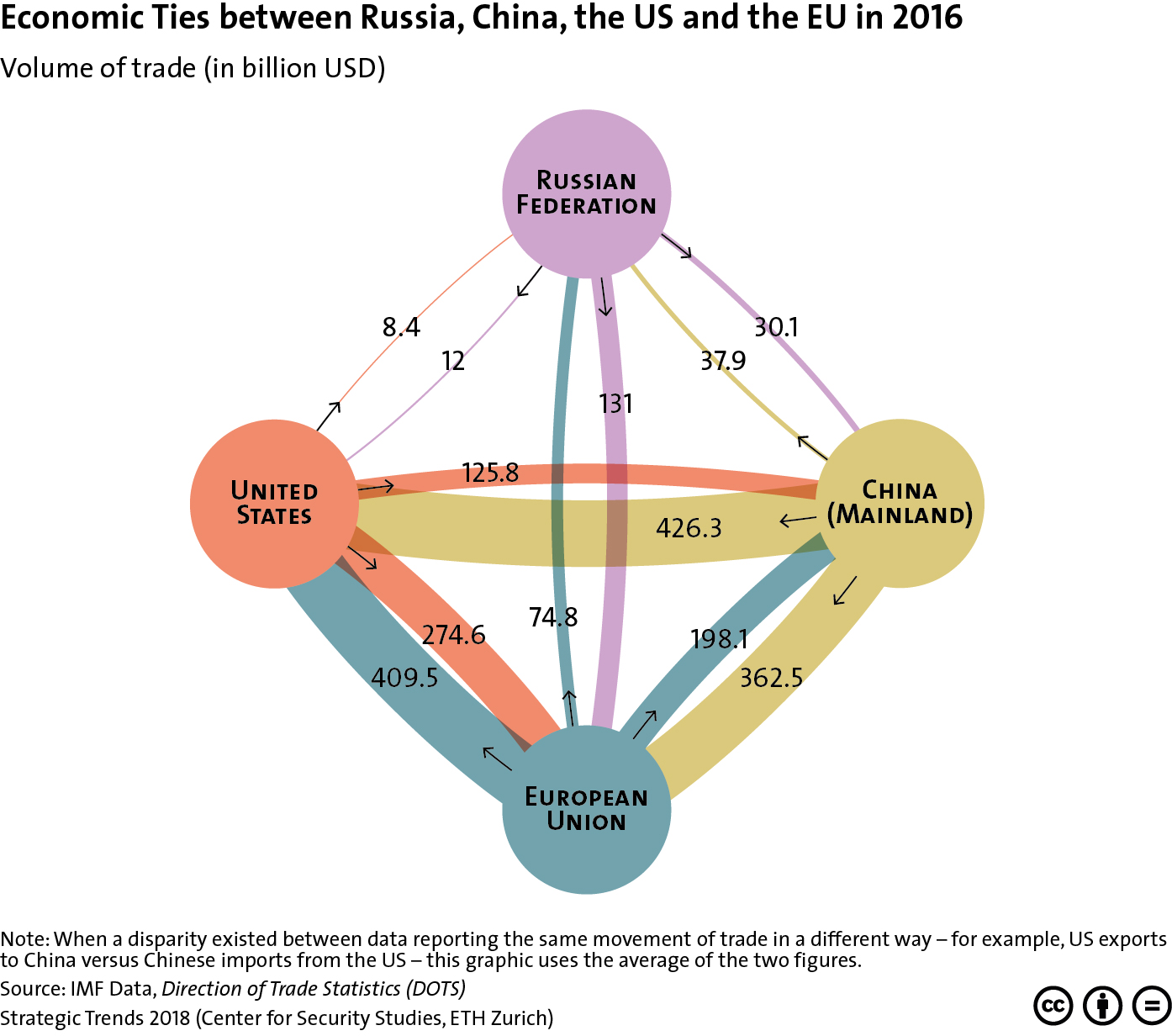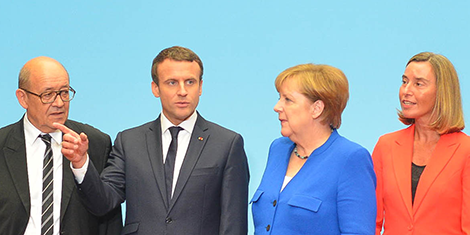
This article was originally published by the European Council on Foreign Relations (ECFR) on 7 June 2018.
Angela Merkel finally responds to Emmanuel Macron’s Europe reform plans – but through the pages of a newspaper, and in only the most guarded of terms.

